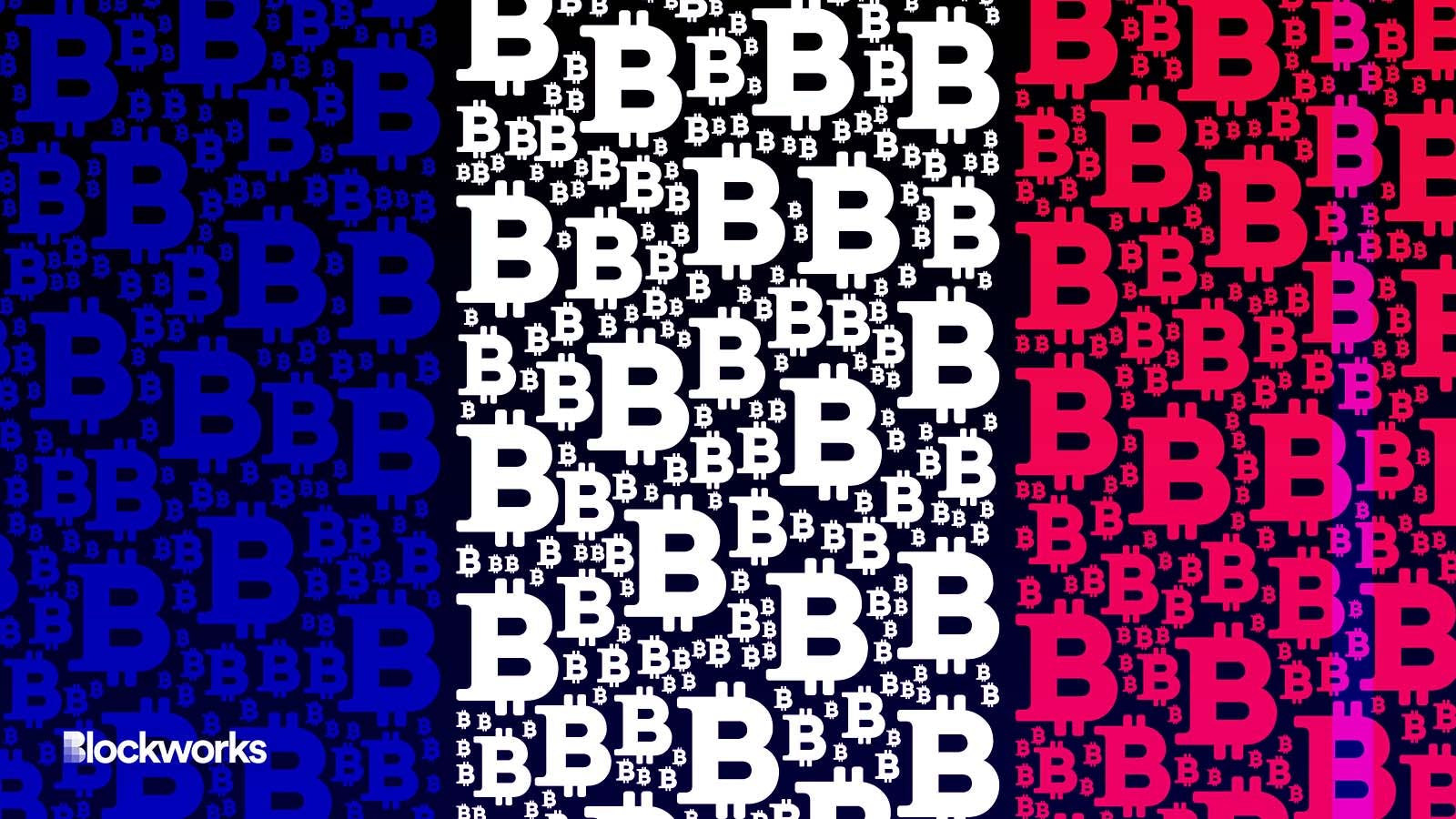DeFi Divided on French Regulator’s Bid to Rein In Sector
French regulators say they’re primarily concerned with protecting investors and consumers, particularly when it comes to DeFi newcomers

Aha-Soft/Shutterstock modified by Blockworks
The French Prudential Supervision and Resolution Authority (ACPR), the country’s financial regulator under the central bank, released new DeFi regulatory guidance, and it has the industry divided.
In a paper published Monday, the ACPR proposed treating DeFi “interfaces,” such as applications and landing pages, as intermediaries from a regulatory perspective.
Such intermediaries are required under local regulations to follow specific compliance rules, like know-your-customer (KYC) policies. They must also enforce imposed standards controlling access to their services.
The interfaces, according to ACPR, “facilitate users access to DeFi services” and need to be regulated accordingly as a result.
French regulators say they’re primarily concerned with protecting investors and consumers, particularly newcomers to the industry who may be more vulnerable to its purported pitfalls.
“It is proposed that access to financial products be made contingent on the level of financial literacy and risk appetite of the customer,” the document read.
Industry advocates took to Twitter to air their concerns with the proposal. Several industry players tweeted that the requirements, if they became law, would be especially onerous for interface operators.
It’s not the first time regulators have opted to treat certain actors in the crypto space like traditional financial players. US lawmakers have deemed crypto validators and miners “brokers,” meaning they have to comply with FINRA reporting and security requirements.
Adversaries of the policy claim the requirements are unachievable for these actors, who often do not have access to the kind of data required to be compliant. A bipartisan US congressional group is pushing a bill to reclassify validators and miners as non-brokers.
House Financial Services Committee Chair Patrick McHenry, Rep. Ritchie Torres, Majority Whip Tom Emmer and other lawmakers have reintroduced the Keep Innovation in America Act, according to a joint statement released last month.
The bill looks to adjust the definition of a broker to “any person who (for consideration) stands ready in the ordinary course of a trade or business to effect sales of digital assets at the direction of their customers.”
ACPR is accepting public comments on its own proposal through May 19. The agency is particularly interested in hearing from individuals and firms in Europe who would be impacted if it moves forward.
Get the news in your inbox. Explore Blockworks newsletters:
- The Breakdown: Decoding crypto and the markets. Daily.
- 0xResearch: Alpha in your inbox. Think like an analyst.






